What is a cynic? A man who knows the price of everything and the value of nothing,” wrote Oscar Wilde. In The Price of Everything, The Value of Nothing, a HowTheLightGetsIn London debate programmed in partnership with Deloitte, panellists Daniel Susskind, Richard Kibble, Abby Innes, and Will Hutton explore the question of value. Does the economy, as it operates today, genuinely reflect what people and societies value, or does it prioritise profit over value, perpetuating the problem Oscar Wilde identified? Once central to economic theory, value has now been largely side-lined, even as the climate crisis and global uncertainties demand urgent rethinking. The debate underscores why understanding what we value—and how to value it—remains one of the most critical challenges of our time.
What do we really mean by the word ‘value’? In economics, value is often equated with price. This means the worth of something is determined by the price we’re willing to pay for it in the market, rather than the cost of producing it. This way of thinking has dominated economic theory since the ‘marginalist revolution,’ a shift that emphasised analysing the most recent or marginal cases to determine market behaviour. Prior to this, the dominant theory of value was a labour theory of value. This theory held that the price of a good was determined by the total labour required to produce it. Since all goods involve some level of human effort in their creation, their final value could be calculated by summing up the labour involved. This calculation then served as the foundation for setting the good’s market price.
Suffice to say, without summarising a few hundred years of economic theory, economics is in a crisis because while it can theorise why things are the way they are, it has surrendered any commentary on how things should be. It can tell you the price for crude oil, fighter jets, cigarettes and landlord’s rents, but it can’t tell you how much, if any at all, markets should be making of any good, and what the value to society and individual of these goods are. The field needs a philosophical intervention — an opportunity that HowTheLightGetsIn and the Institute of Art and Ideas aim to create by fostering conversations that bridge business, society, and philosophy.
Our panel consisted of the journalist and economist Will Hutton of The Observer, Daniel Susskind of the University of Oxford, Richard Kibble from Deloitte and formerly Group Strategy Director of the Royal Bank of Scotland, and Abby Innes, professor of Political Economy at the LSE, expertly hosted by the BBC’s Roger Hearing. The opening question put to the speakers was whether we should conclude that price has nothing to do with value.
Our speakers broadly understood price to be a tool. Prices emerge almost naturally from the interactions of buyers and producers, and with these signals we can decide whether our markets are working well. We can look around and see property prices in London are 13.9 times the average income and see something has gone awry. The price itself both is and isn’t the problem, but to blame the price is akin to shooting the messenger. Will and Daniel put the problems with our economy down to wealth inequality, prioritising the zero-sum aspects of our economy and focusing on the wrong measures like GDP. The upshot of this mode of thinking is that with the right tweaks we can make the economy work better. A tax here, subsidy there, and bingo, you’ve fixed the economy.







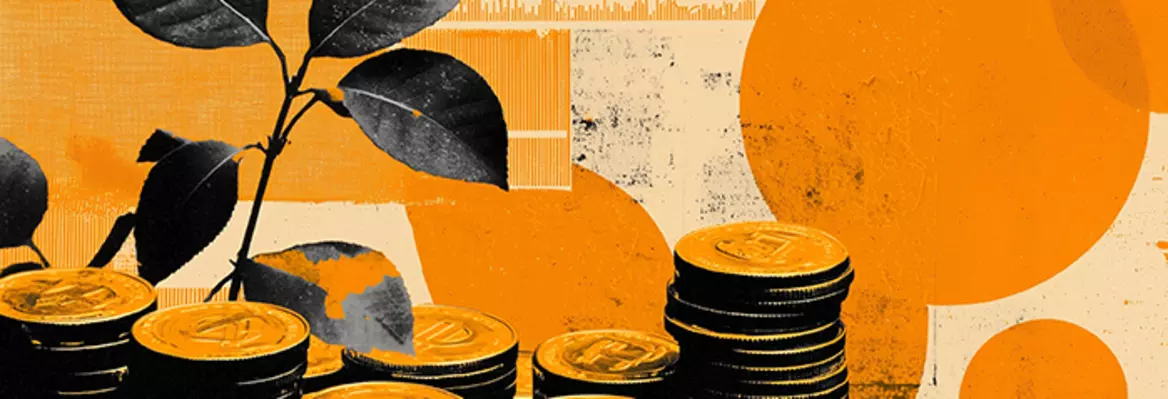

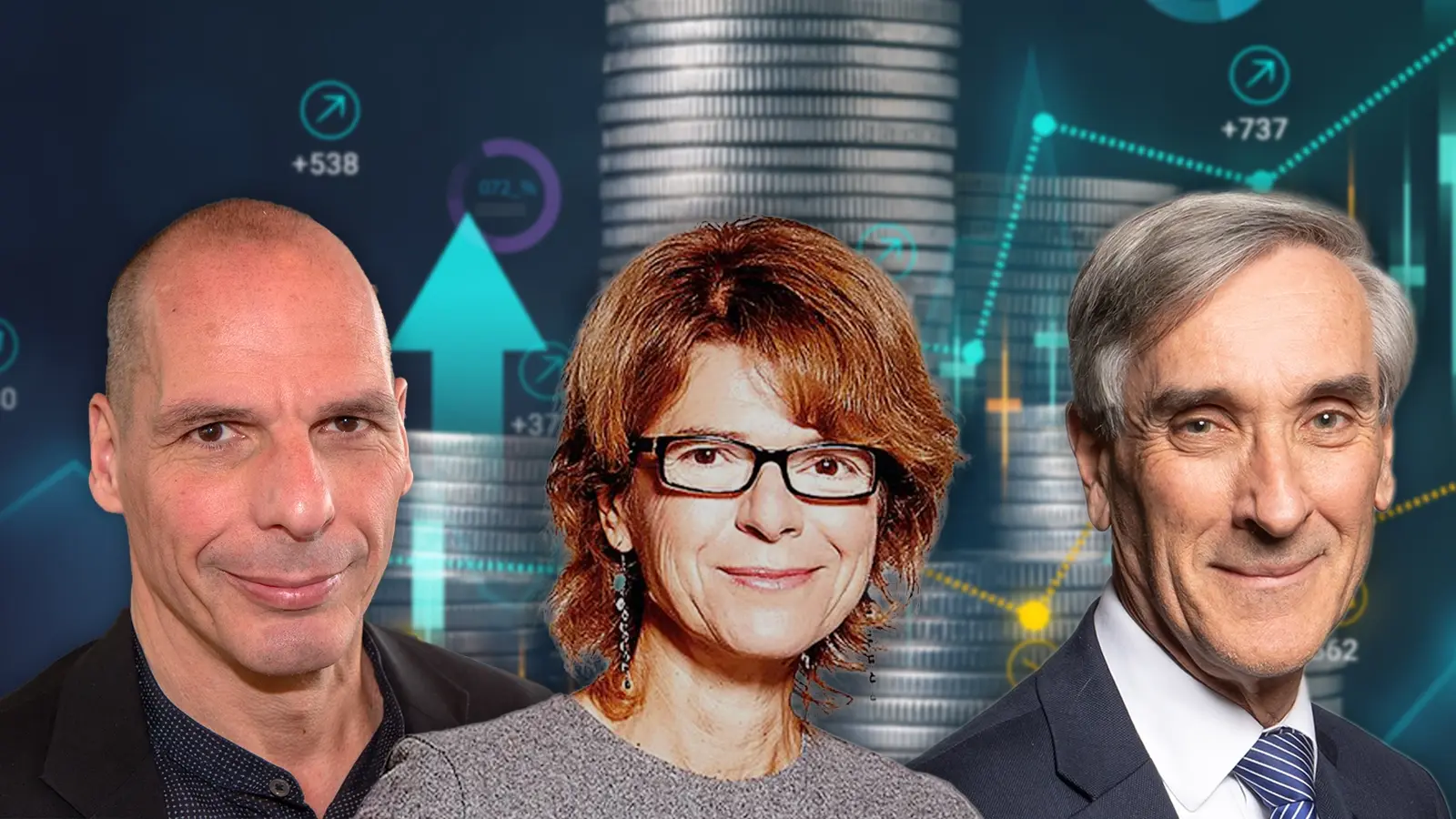

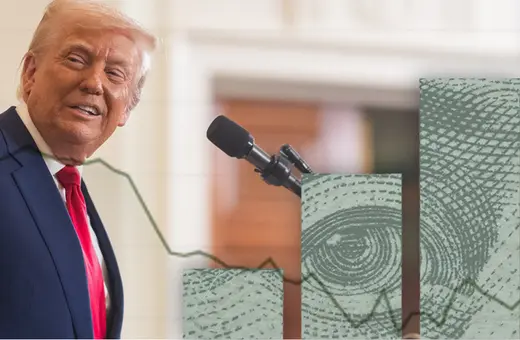


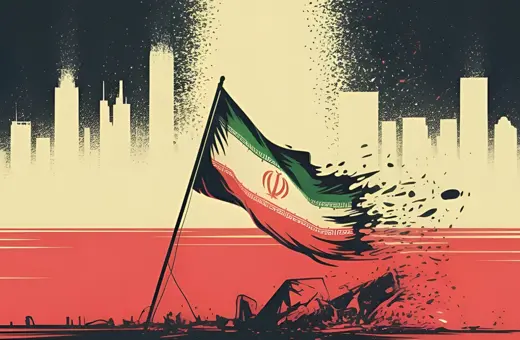
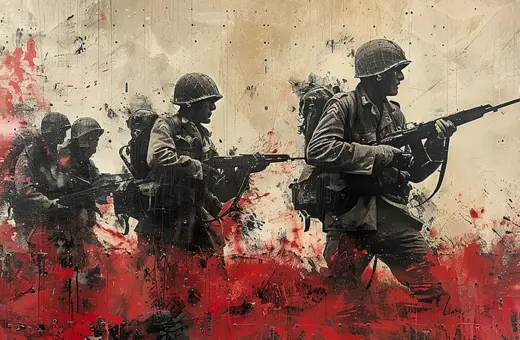


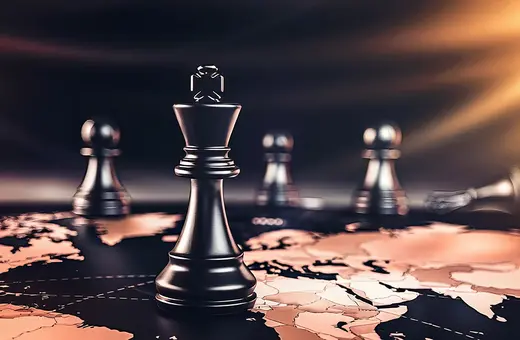



Join the conversation